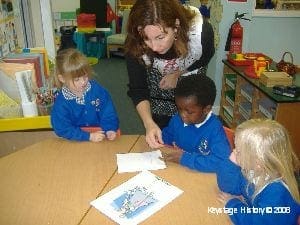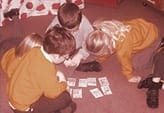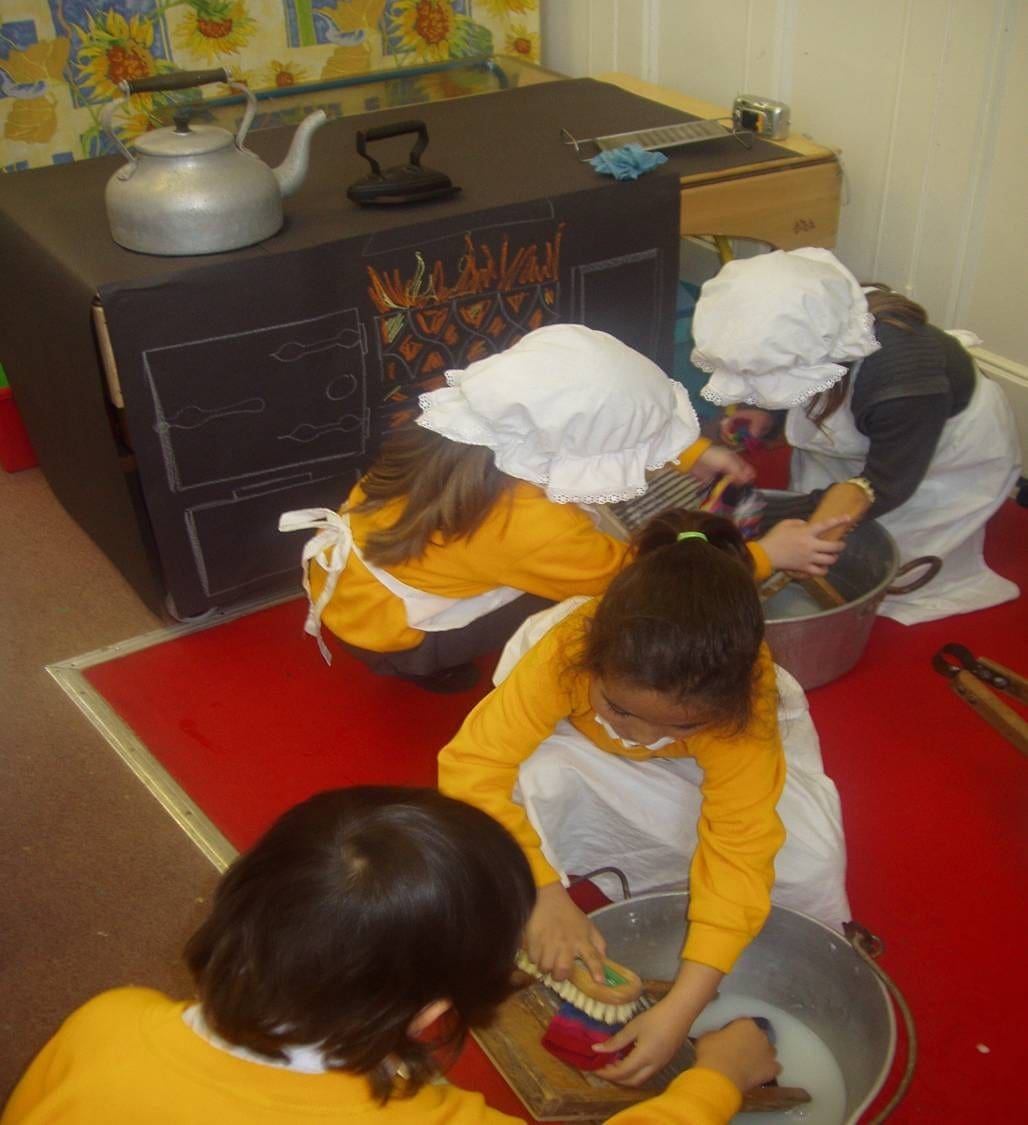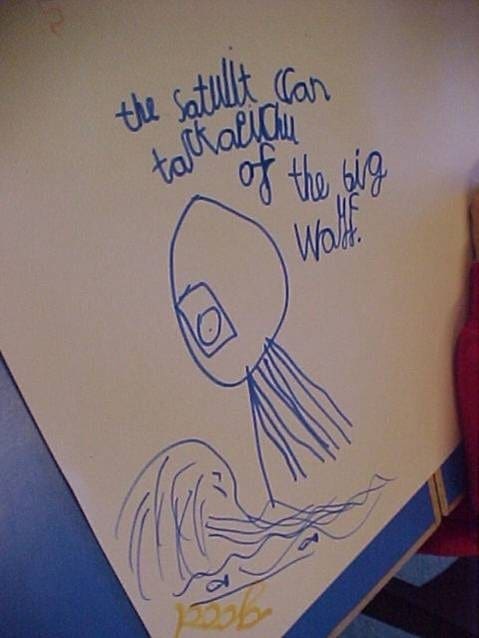Inclusion
Inclusion at Key Stage 1
In addition to advice on: being healthy, staying safe, enjoying and achieving, making a positive contribution etc, this site focuses…
Read MorePersonalised learning in history at KS 1
This is certainly one of the key areas to be focusing on in the next few years and lies at…
Read MoreGender issues in history at Key Stage 1
It is tempting when thinking about boys’ achievement to focus on teaching and learning, but there is a stage before…
Read MoreGifted and Talented in history at KS1
Much has been written in general terms about identifying and then catering for able pupils in history. OFSTED and others…
Read MoreMotivating pupils in history at Key Stage 1
The essence of what appeals to pupils can often be summed up by the words, People, Puzzle and Point. Children…
Read MoreHistory for pupils with EAL in Key Stages 1 and 2
Most of you will be well-versed in strategies for helping children with EAL access other subjects in the curriculum and…
Read MoreS.E.N. in history at Key Stage 1 and 2
By inclusion we mean three things here: setting suitable learning challenges, responding to pupils’ diverse needs, and overcoming potential barriers…
Read More




